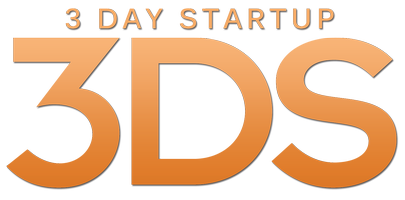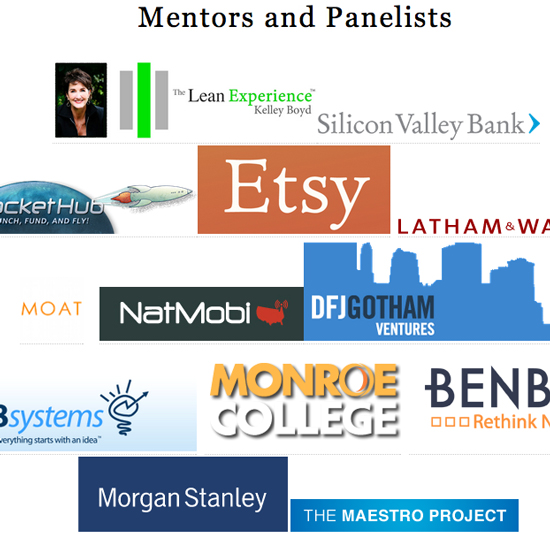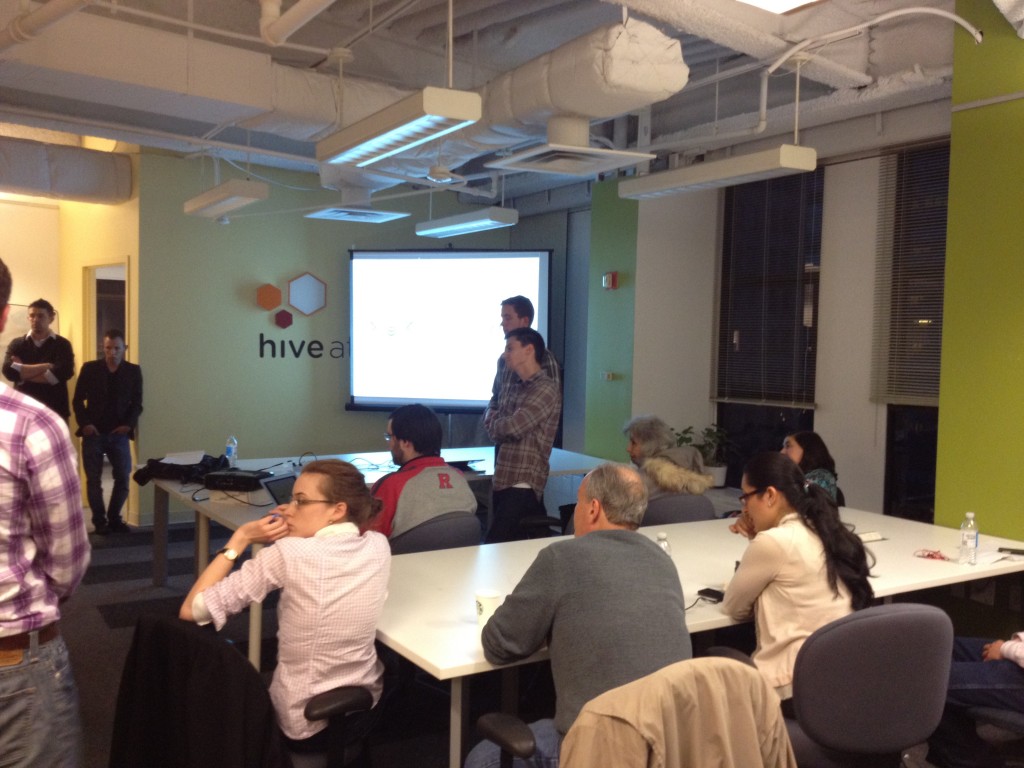


This past weekend, NatMobi sponsored an event called 3 Day Startup, where college students get together and try to launch a startup in 3 days. It was interesting to be an observer and watch the process by which brainstorming and random ideas played out into results over only 60 hours.
On Friday I was a mentor and went around to the different groups as they exchanged possible ideas of what to make. At first many of their ideas were aimed at large, overreaching goals. While it is admirable to try and solve such large problems, it is pretty difficult to attack a broad problem, especially in such a short time. My advice to them was to try and hone their idea down to a single, identifiable problem and figure out how they could solve it really well with just one feature. One of the apps, HungryNow, did just that (not necessarily based on my advice), and made an app that solves the problem of telling you the nearest restaurant that is open right now. Their app was the most polished of the 5 and will probably make it to the App Store in the next few days.
Another type of idea that was widespread among the students was the idea of creating a marketplace. Marketplaces are very seductive ideas at first glance because you know people buy and sell good X, so why not just create a place where that can take place, take a cut of each sale or charge for listing the items and and bam! you’ve got a successful company. The problem is though, when you get down to the nuts and bolts of creating a marketplace there are many inherent barriers to the model that are difficult to overcome, regardless of the product. The most prescient problem is the 2-sided market problem (also called the “chicken or egg problem”) where you have to figure out how to get sellers for the product when you have no buyers, and at the same time, figure out how to get buyers for the market when you have no sellers. This is not an easy of a problem to solve, and is one of the biggest hurdles in creating a marketplace (most companies seed the listings or “cheat” like AirBNB). However, I was not at the event to tell the students what they shouldn’t do and so while I mentioned things like the Chicken or Egg problem, I was not too headstrong with my advice. Out of 5 startups that came out of the event, 3 of them are marketplaces…
Another good type of idea to attempt at a hackathon or similar event is anything that does social good. These types of companies and apps always strike a chord with the audience and are usually going into a less-crowded market. It is also a lot easier to get press if your company does good (not that making profit isn’t good…). In the 3 Day Startup event, there was one of these companies, SafetyNet, a social network for the group of people around an at-risk person. I think this is a pretty good idea because in this day-and-age social media makes everyone feel more connected, while actually making them less connected. Because you can “see” what your friends are up to, it makes you less likely to reach out and talk to them. It’s not that big a deal when someone is doing well you don’t connect with them, but if the tone of their social media profile or their real life mood becomes sad or disturbing, it can be difficult for an individual to know when to take action to help out. SafetyNet hopes to solve this problem by facilitating the creation of a social network of “Angels” around an at risk individual who are responsible for notifying the appropriate authority if there is a problem.
On Friday the students narrowed down the ideas and split into individual projects. On Saturday morning, the students went out into the world and did market research to validate or disprove their ideas. All of them came back with their ideas validated and set out to work on prototyping and developing them further. Sunday night the teams presented their ideas to a panel and received feedback. The event was pretty fun, and was a great way for the student entrepreneurs to meet each other and get some experience trying to build a company. I hope that all of the participants will continue to pursue entrepreneurship, even if its not the ideas from the event.
A special thanks goes out to Luke from 3 Day Startup, who ran the event and did a great job.
Below are short summaries of all the companies:
HungryNow
Find food, now.
Hungry now is an app designed to do one thing, help users find a restaurant they can eat at right now. Users open the app, press the giant “I’m Hungry” button and it loads all the nearby restaurants that are open. This project was the furthest along, with the app demo able to geolocate and then find all open and nearby restaurants using the Yelp API.
SafetyNet
SafetyNet is a social network to help monitor at-risk individuals.
Students, friends, and family are invited to monitor an individual and can use the SafetyNet to check-in with the at risk person, as well as confer with other members of the SafetyNet to discuss changing in wellbeing of the individual. If enough of the SafetyNet members feel like help is needed for the individual, they can notify the proper authority, such as a parent or health professional whose details have been stored in the app.
TechDuel
Eliminate unqualified job applications with contests.
TechDuel allows companies to evaluate tech talent prior to an interview and help separate the wheat from the chaff. Companies can create a series of tests that allow them to gauge the talent of applicants.
GoneSocial
Local Business Social Media Marketing Marketplace.
This is a marketplace to connect small businesses like restaurants and social media marketers. The restaurants and other small businesses can post the jobs they need done and can find the social media managers available in their area and in the proper price range.
DressTrade
Buy and sell your old dresses online.
DressTrade is a marketplace for women to buy and sell their used dresses online. It seeks to make it easy to upload old dresses in your closet and sell it directly to the target market.

